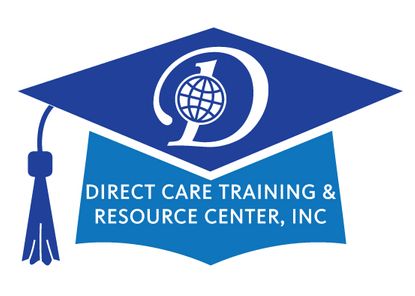What are your thoughts?….
 In several areas of the United States, including heavily populated states with large urban centers such as Michigan, a new adult day care center cannot enroll to provide services to Medicaid waiver recipients until after they can demonstrate being in business for three, (3) years. This means a new operator of adult day care has a much larger struggle to survive than those in other areas of the country. In addition, let’s say the new program has special clinical components that would greatly complement services to the elderly and disabled in their community, potential recipients are still denied the opportunity to participate due to this rule that is in place with many waiver agents. The question is whether or not it is fair?
In several areas of the United States, including heavily populated states with large urban centers such as Michigan, a new adult day care center cannot enroll to provide services to Medicaid waiver recipients until after they can demonstrate being in business for three, (3) years. This means a new operator of adult day care has a much larger struggle to survive than those in other areas of the country. In addition, let’s say the new program has special clinical components that would greatly complement services to the elderly and disabled in their community, potential recipients are still denied the opportunity to participate due to this rule that is in place with many waiver agents. The question is whether or not it is fair?
So we look at both sides….
From the perspective of the waiver agent its about program stability. They want to ensure a program will be around for the long-haul before enrolling people only to learn it is closing in nine, (9) months, often due to poor capitalization on the part of its owners or management. Problem is this leaves new facilities to rely upon the private payments of participants – tough in lower income urban areas – or contracts with the VA which may or may not be available at the time the center opens. So is this an appropriate question to ask: Does this rule unfairly set-up new programs to fail and is it a disservice to Medicaid waiver enrollees who could benefit from this community based long-term care initiative? Food for thought indeed.
With all of this hanging in the air we should also note this practice of having a 3-year wait is most often found in areas where licensure for adult day care centers is not required. As part of the licensing process some states asks for 6 months of operating capital to be on hand at the time the license is issued as a guarantee of a degree of stability during the embryonic period of the new operation. Perhaps this is reasonable. But maybe we can level the playing field by asking adult day care associations in certain states where licensure is not required – but a waiting period is – to certify a new provider’s preparedness to survive financially. They could use a formula that is developed or at least approved by that state’s Office of Services to the Aging or a combined group of Medicaid waiver agents.
Ensuring a program can survive its newness is reasonable. No one questions that. Perhaps the real question is whether or not such a rule with limited to no flexibility is serving the public well.
Share your thoughts:
